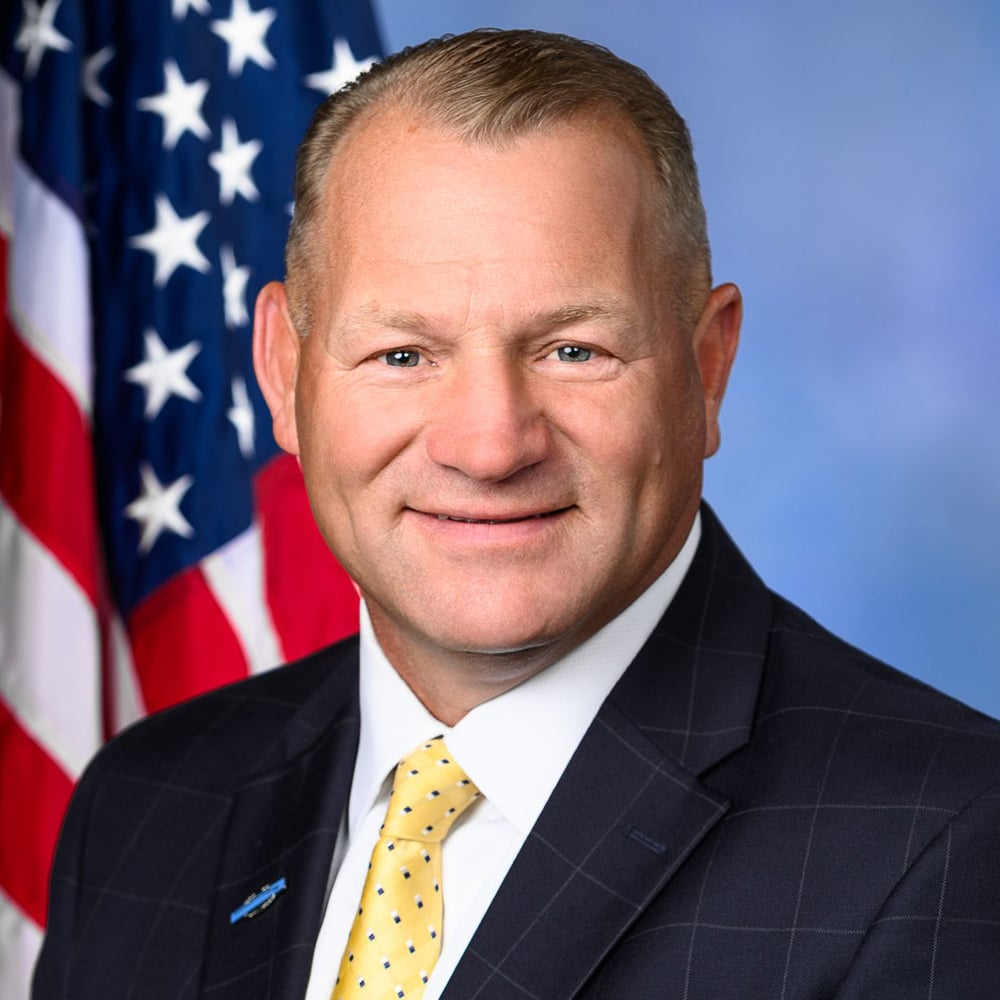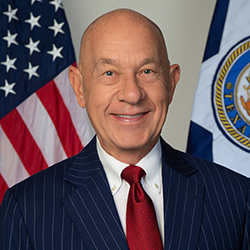Good. Now let’s see what we do with it.
Texas officials adopted their first-ever statewide flood plan Thursday, recommending $54.5 billion worth of strategies and studies to protect the 1 in 6 Texans who live or work in flood hazard areas.
The delayed “Ike Dike,” a series of gates, floodwalls and dunes proposed to protect the Houston-Galveston region from storm surge, ranked first on the state’s final list of flood mitigation projects. It also accounted for nearly half of the plan’s budget.
The full sum dwarfed typical flood prevention investments made by state lawmakers, which totaled about $1 billion in the last legislative session.
More than 3,000 of the plan’s 4,609 recommendations were to fund research that will evaluate new solutions, suggesting the strategies’ ultimate costs will be much higher.
“The intent is that it will be funded by any and all possible sources, not just by the state,” said Reem Zoun, who leads the Texas Water Development Board’s Flood Planning Division and oversaw the planning process.
[…]
The Texas Water Development Board will submit the flood plan to the Legislature on Sept. 1. Lawmakers are expected to consider the agency’s recommendations when making funding decisions for flood mitigation strategies.
The plan also made five direct legislative recommendations, distilled from hundreds proposed in the 15 regional strategies. It recommended the state set up ongoing flood mitigation funding, establish targeted assistance for remote or disadvantaged communities, expand funding to mitigate low water crossings, set up regional early warning systems and develop a levee safety program.
The board was mandated by law to create a plan as a “guide to state and local flood control policy,” but its advice is not binding: Elected officials at the state level retain control of which suggestions they will put into practice.
The agency’s own flood work did not end with the finalized plan. From now on, it will assemble an update every five years.
So the Water Development Board has a plan, which the Lege will then have to fund and put into action. I don’t have a lot of good things to say about our Legislature, but this is within their capabilities, if they don’t get too distracted by other bullshit. We’ll see how it goes. At least with all this money involved there will be plenty of groups pushing for things to happen.
The Ike Dike is high on the priority list, which is nice. Climate change is…not explicitly mentioned anywhere, giving rise to fears that the plans are inherently skewed, and that’s not so nice. As noted above, this is intended to be a living document, so things can be fixed and revised as we go. It’s a start, there’s a lot of potential benefit, and there’s room for improvement. All things considered, this is about as good as it gets around here.













/cloudfront-us-east-2.images.arcpublishing.com/reuters/5KHWYF53XBNEFLDIU4B47BZYQE.jpg)






